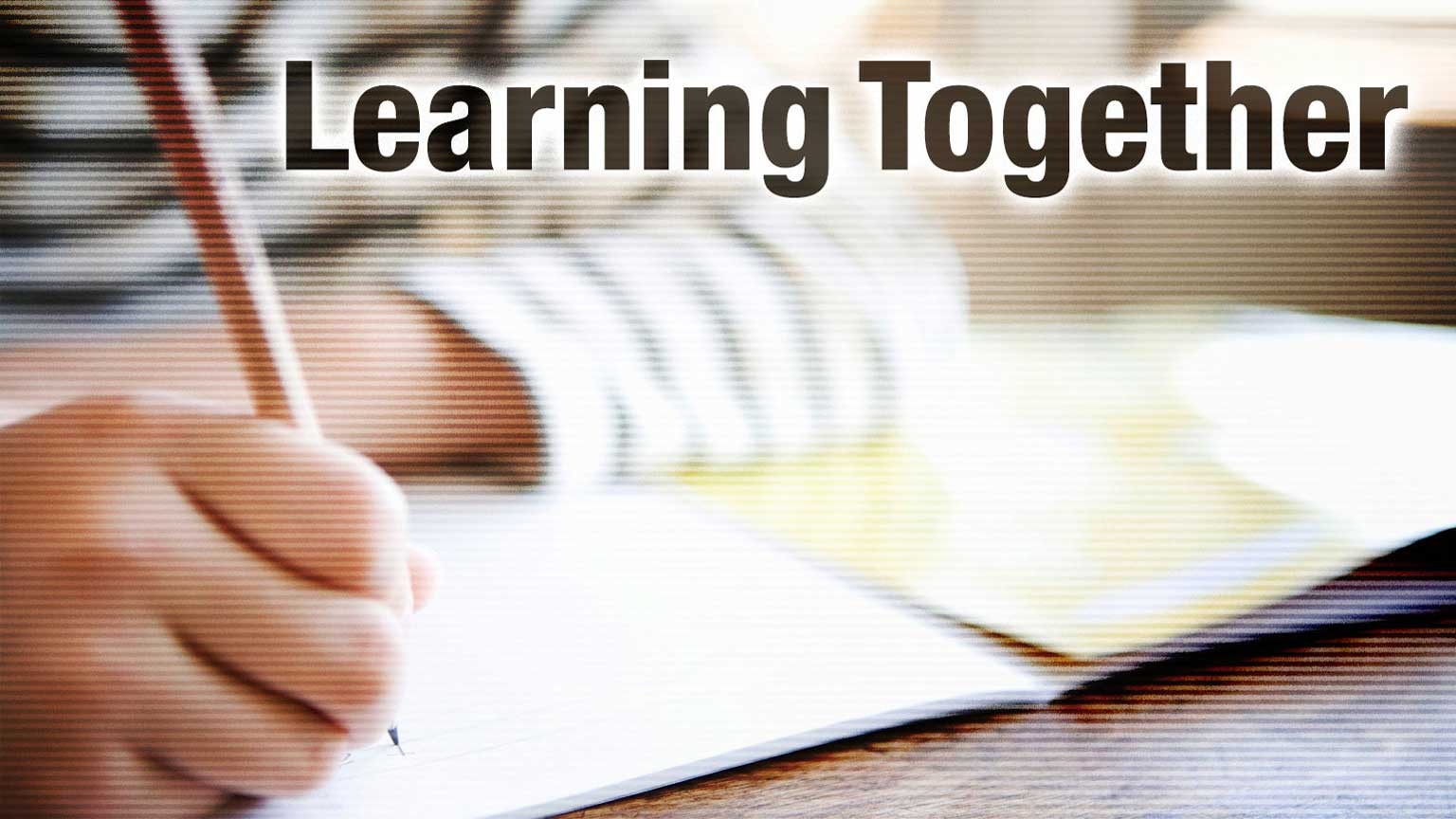*Click here to read the first installment:
Learning Together: Common questions about school in Japan for kids with foreign roots (March 16, 2024)
Q: How are grade levels assigned to foreign children?
A: The education ministry says children from foreign backgrounds should generally be placed in grades based on their age. But some guardians want to enroll their children in lower grades to allow time for learning Japanese and other subjects.
In 2009, the ministry issued a notice to local education boards outlining special guidelines that allow for foreign children to be temporarily or formally assigned to lower grades, taking into account factors beyond age. This includes their academic ability and proficiency in the Japanese language, with officials empowered to make adjustments as necessary.
Q: How many years can children attend elementary and junior high schools?
A: Compulsory education in Japan lasts nine years, from ages six to fifteen.
Children typically begin elementary school in the April following their sixth birthday and complete six years before advancing to three years of junior high school. The academic year at public schools runs from April 1 to March 31 the following year.
Some schools have an academic year that comprises two semesters, while others divide the year into three terms.
Q: What fees are charged to attend school?
A: At public elementary and junior high schools, classes and textbooks are free.
Most schools provide lunches and collect lunch fees from parents. Lunch fees vary depending on the municipality, though in an increasing number of regions they are entirely free or subsidized.
According to a survey by the education ministry, as of May 2021, monthly lunch fees averaged 4,477 yen at elementary schools and 5,121 yen at junior high schools.
Municipalities also offer financial assistance for parents facing economic difficulties to cover lunch fees and school supplies.
Q: How can families receive aid if they are facing financial difficulties?
A: Aside from lunches, guardians may also be asked to pay for supplies or other expenses. To help families facing financial difficulties, local municipalities offer assistance programs.
According to the education ministry, nearly 1.3 million children in public schools nationwide used the program in fiscal 2021. Parents and guardians must apply to be eligible.
Families receiving welfare benefits are among those eligible, but the level of assistance varies by municipality. Those interested in the program should check with their local board of education for details.
For instance, in Yokohama City, households with an annual income below 2.5 million yen for two members or under 3.03 million yen for three members qualify. However, income levels serve only as a guideline, and families facing financial challenges are encouraged to apply.
The city provides free lunches for those who qualify. It also provides annual allowances of 63,100 yen for first-grade students, plus 16,680 yen for supplies, and 11,000 yen for sixth-grade graduation yearbooks.
In most cases, the application should be submitted to the school the child plans to attend. Enquire at the school or local board of education about where to get the application form and other details.
Q: What is NHK doing to help?
A: NHK's Multilingual Media Division recognizes the fact that many children of foreign nationality not attending school is a serious problem. With Japan's foreign resident population reaching three million and projected to rise, ensuring access to compulsory education is crucial for fostering a multicultural society.
As the only major media outlet in Japan that provides daily news and information in multiple languages, NHK will continue to offer essential information to support school enrollment for children with foreign nationalities or backgrounds.
